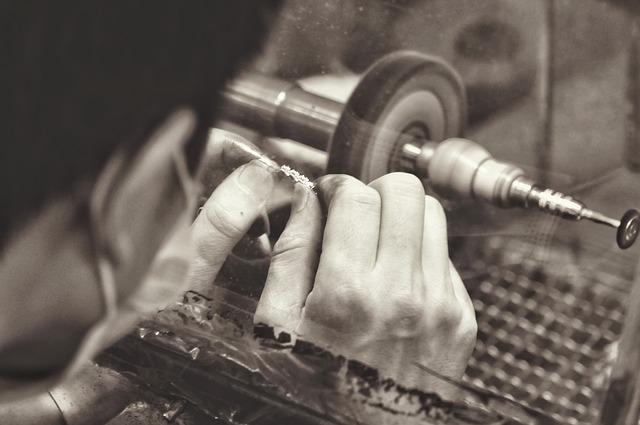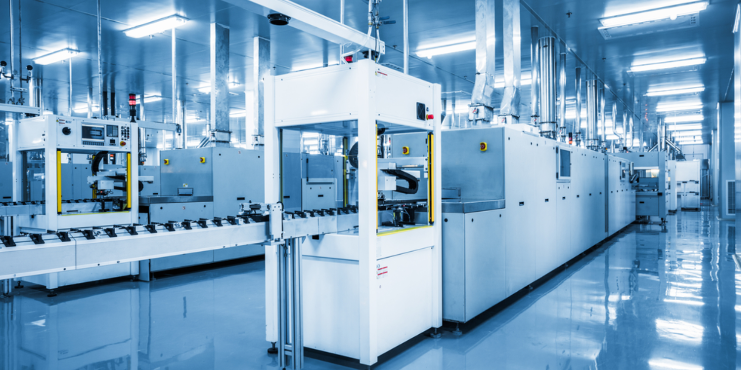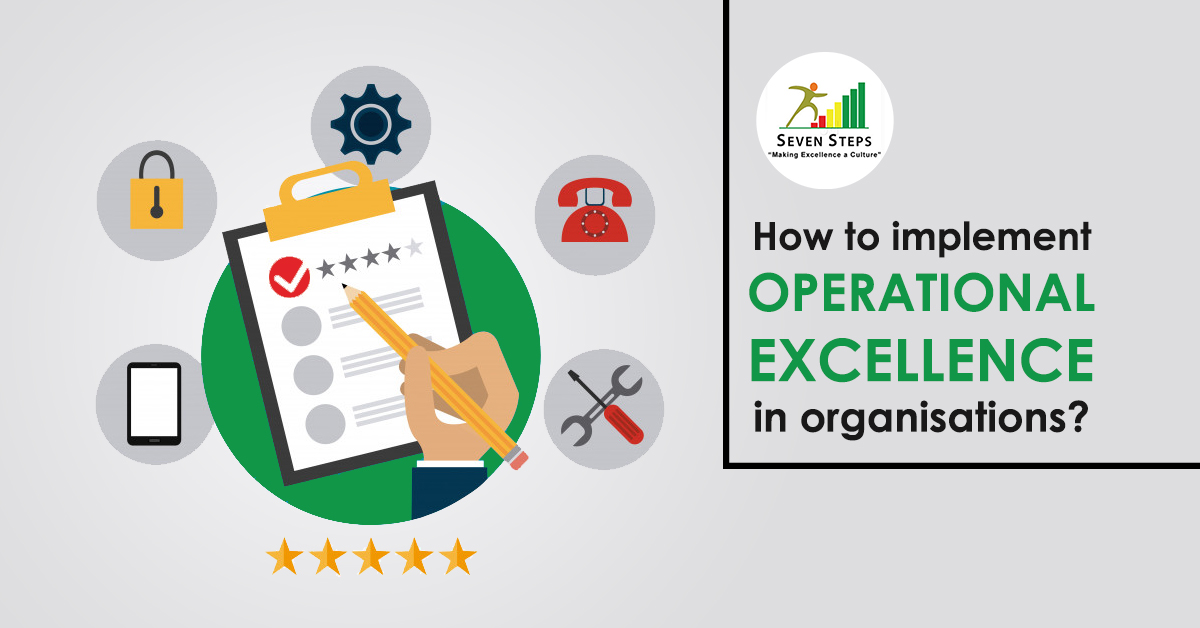
Manufacturing Phoenix is an Arizona-based company that sells a range of products and services to the federal government. It also provides products similar to the federal government for individuals and commercial customers. Its dedicated facility allows for all production to occur under one roof. All resources are within a few steps of each other. The company also provides employment opportunities for disabled people for over 40 year. The company employs around 70 people in its manufacturing division.
Honeywell Aerospace
Honeywell Aerospace is a Phoenix-based aerospace company that creates innovative transportation solutions. The company's products improve flight safety and fuel efficiency as well as improving runway traffic. Its products can be found in nearly all commercial airliner. Honeywell Aerospace is also responsible for the technology used in 2001: A Space Odyssey. Honeywell Aerospace also manufactures systems to support the International Space Station.

In 2016, Honeywell opened a Phoenix reactive metal alloy manufacturing plant. The new facility was converted from an old flame spray plant to allow for the production of parts made with titanium and aluminium alloys. Honeywell plans on producing Inconel 718-based parts in this facility by 2017. The facility is home to more than $25 million of investment by Honeywell.
Raytheon Technologies Corp.
Raytheon Technologies Corp. (multinational aerospace and defense conglomerate) is headquartered at Arlington, Virginia. The company is the world's largest manufacturer of military equipment. Its products include weapons, missiles, and aircraft. In addition to being a leading aerospace and defense manufacturer, Raytheon also develops advanced technologies for commercial use.
Raytheon has a long history in the defense and aerospace sectors. The company's aerial navigation systems division, for example, accounts for 27.4% of the company's net sales. It also produces mechanical and electrical equipment for aircraft.
Benchmark Electronics
Benchmark Electronics, an Arizona-based contract manufacturing company for electronics, is headquartered in Tempe. The Phoenix-based ODM company employs over 13,000 people worldwide. The company has offices in Tempe, Scottsdale, and Tempe Marketplace, and has recently promoted Gayla Delly to CEO.

The Phoenix manufacturing facility provides vertically integrated engineering services and manufacturing. Its capabilities include embedded electronics design and microwave and RF component manufacturing. The company also provides aftermarket products. It serves many customers in the aerospace, defense, and industrial markets.
FAQ
What is the responsibility for a logistics manager
Logistics managers are responsible for ensuring that all goods arrive in perfect condition and on time. This is done using his/her knowledge of the company's products. He/she must also ensure sufficient stock to meet the demand.
Why should you automate your warehouse?
Modern warehousing has seen automation take center stage. E-commerce has increased the demand for quicker delivery times and more efficient processes.
Warehouses should be able adapt quickly to new needs. Technology is essential for warehouses to be able to adapt quickly to changing needs. Automating warehouses has many benefits. These are just a few reasons to invest in automation.
-
Increases throughput/productivity
-
Reduces errors
-
Accuracy is improved
-
Safety increases
-
Eliminates bottlenecks
-
Allows companies scale more easily
-
Makes workers more efficient
-
This gives you visibility into what happens in the warehouse
-
Enhances customer experience
-
Improves employee satisfaction
-
Reducing downtime and increasing uptime
-
You can be sure that high-quality products will arrive on time
-
Human error can be eliminated
-
It ensures compliance with regulations
What are the 4 types manufacturing?
Manufacturing refers to the transformation of raw materials into useful products by using machines and processes. Manufacturing involves many activities, including designing, building, testing and packaging, shipping, selling, service, and so on.
What do you mean by warehouse?
A warehouse or storage facility is where goods are stored before they are sold. It can be an outdoor or indoor area. In some cases it could be both indoors and outdoors.
What does it take for a logistics enterprise to succeed?
You need to have a lot of knowledge and skills to manage a successful logistic business. You must have good communication skills to interact effectively with your clients and suppliers. You must be able analyze data and draw out conclusions. You must be able manage stress and pressure under pressure. To improve efficiency, you must be innovative and creative. Strong leadership qualities are essential to motivate your team and help them achieve their organizational goals.
It is also important to be efficient and well organized in order meet deadlines.
What are manufacturing and logistics?
Manufacturing refers to the process of making goods using raw materials and machines. Logistics encompasses the management of all aspects associated with supply chain activities such as procurement, production planning, distribution and inventory control. It also includes customer service. As a broad term, manufacturing and logistics often refer to both the creation and delivery of products.
Statistics
- Many factories witnessed a 30% increase in output due to the shift to electric motors. (en.wikipedia.org)
- In the United States, for example, manufacturing makes up 15% of the economic output. (twi-global.com)
- (2:04) MTO is a production technique wherein products are customized according to customer specifications, and production only starts after an order is received. (oracle.com)
- Job #1 is delivering the ordered product according to specifications: color, size, brand, and quantity. (netsuite.com)
- You can multiply the result by 100 to get the total percent of monthly overhead. (investopedia.com)
External Links
How To
How to use lean manufacturing in the production of goods
Lean manufacturing is a management system that aims at increasing efficiency and reducing waste. It was first developed in Japan in the 1970s/80s by Taiichi Ahno, who was awarded the Toyota Production System (TPS), award from KanjiToyoda, the founder of TPS. Michael L. Watkins published the "The Machine That Changed the World", the first book about lean manufacturing. It was published in 1990.
Lean manufacturing can be described as a set or principles that are used to improve quality, speed and cost of products or services. It is about eliminating defects and waste from all stages of the value stream. The five-steps of Lean Manufacturing are just-in time (JIT), zero defect and total productive maintenance (TPM), as well as 5S. Lean manufacturing is about eliminating activities that do not add value, such as inspection, rework, and waiting.
In addition to improving product quality and reducing costs, lean manufacturing helps companies achieve their goals faster and reduces employee turnover. Lean manufacturing is considered one of the most effective ways to manage the entire value chain, including suppliers, customers, distributors, retailers, and employees. Lean manufacturing is widely used in many industries. For example, Toyota's philosophy underpins its success in automobiles, electronics, appliances, healthcare, chemical engineering, aerospace, paper, food, etc.
Five fundamental principles underlie lean manufacturing.
-
Define Value: Identify the social value of your business and what sets you apart.
-
Reduce Waste – Eliminate all activities that don't add value throughout the supply chain.
-
Create Flow: Ensure that the work process flows without interruptions.
-
Standardize and simplify - Make your processes as consistent as possible.
-
Building Relationships – Establish personal relationships with both external and internal stakeholders.
Although lean manufacturing has always been around, it is gaining popularity in recent years because of a renewed interest for the economy after 2008's global financial crisis. Many companies have adopted lean manufacturing methods to increase their marketability. Many economists believe lean manufacturing will play a major role in economic recovery.
Lean manufacturing is becoming a popular practice in automotive. It has many advantages. These include higher customer satisfaction levels, reduced inventory levels as well as lower operating costs.
It can be applied to any aspect of an organisation. Because it makes sure that all value chains are efficient and effectively managed, Lean Manufacturing is particularly helpful for organizations.
There are three types of lean manufacturing.
-
Just-in-Time Manufacturing: Also known as "pull systems", this type of lean manufacturing uses just-in-time manufacturing (JIT). JIT refers to a system in which components are assembled at the point of use instead of being produced ahead of time. This approach aims to reduce lead times, increase the availability of parts, and reduce inventory.
-
Zero Defects Manufacturing, (ZDM): ZDM is focused on ensuring that no defective products leave the manufacturing facility. If a part needs to be fixed during the assembly line, it should be repaired rather than scrapped. This applies to finished products, which may need minor repairs before they are shipped.
-
Continuous Improvement: Continuous Improvement aims to improve efficiency by continually identifying problems and making adjustments to eliminate or minimize waste. Continuous improvement involves continuous improvement of processes and people as well as tools.